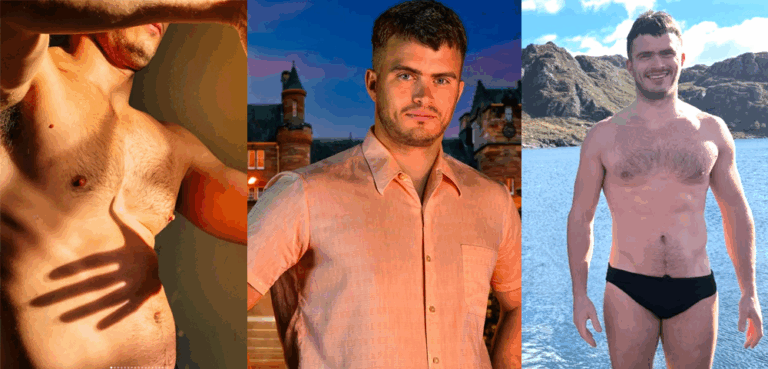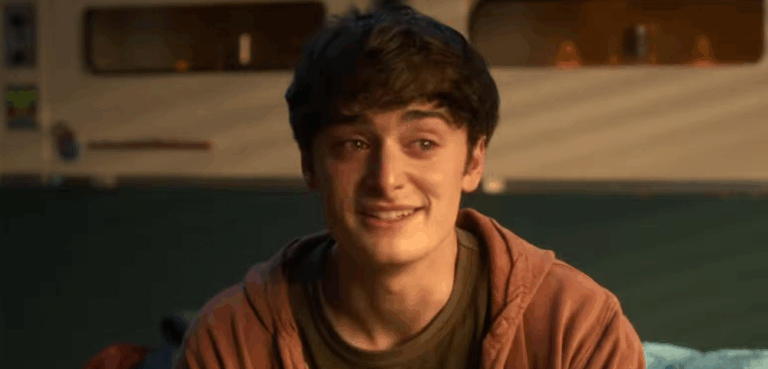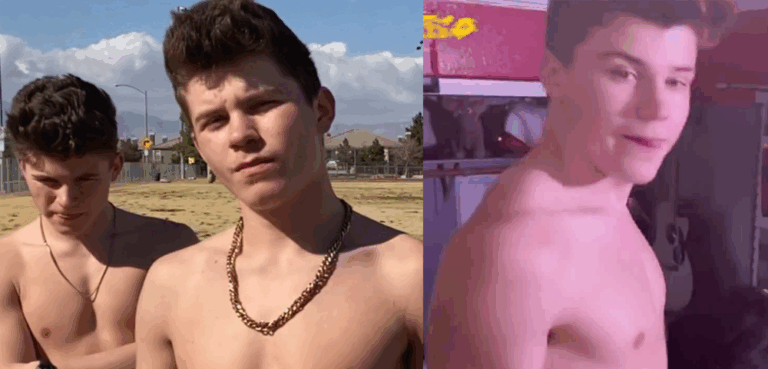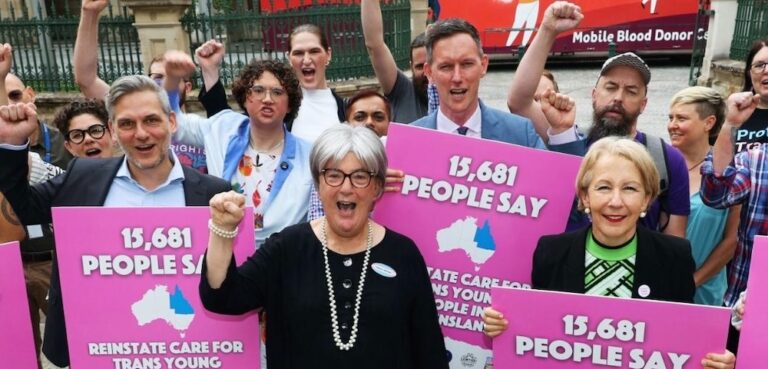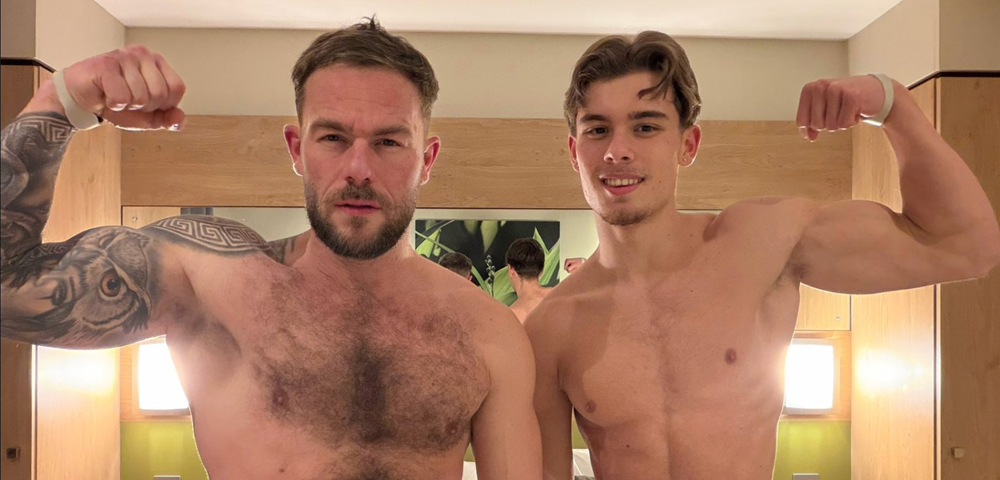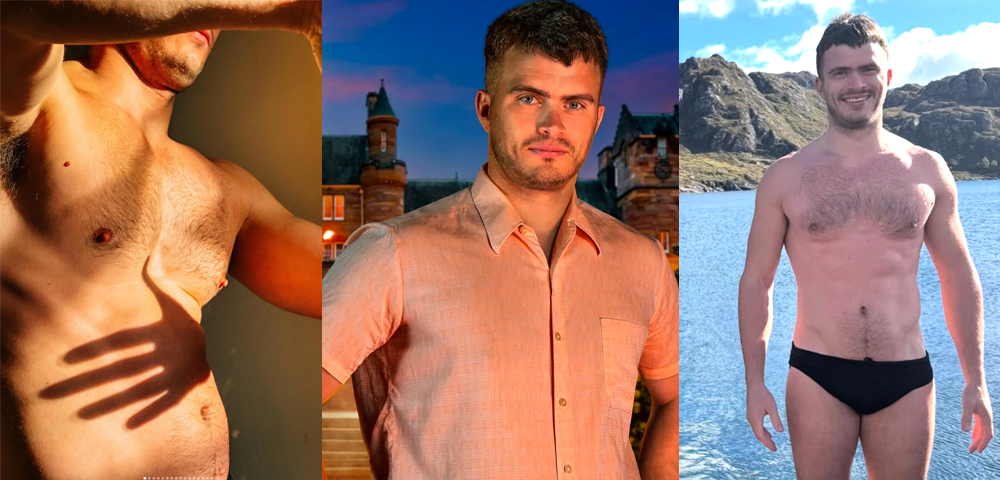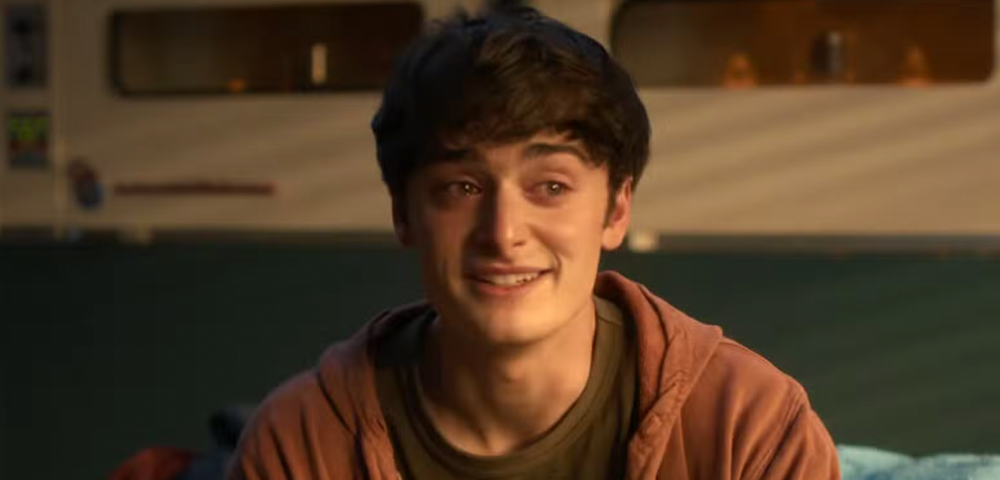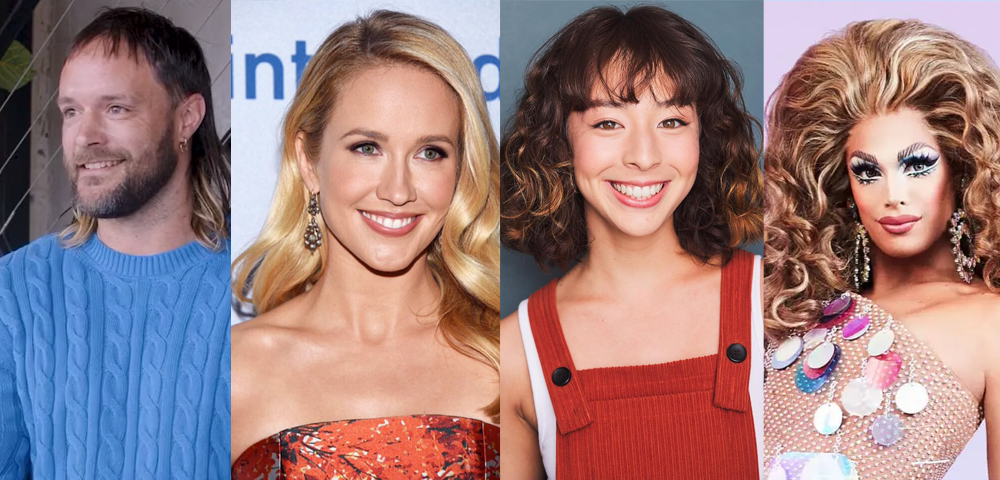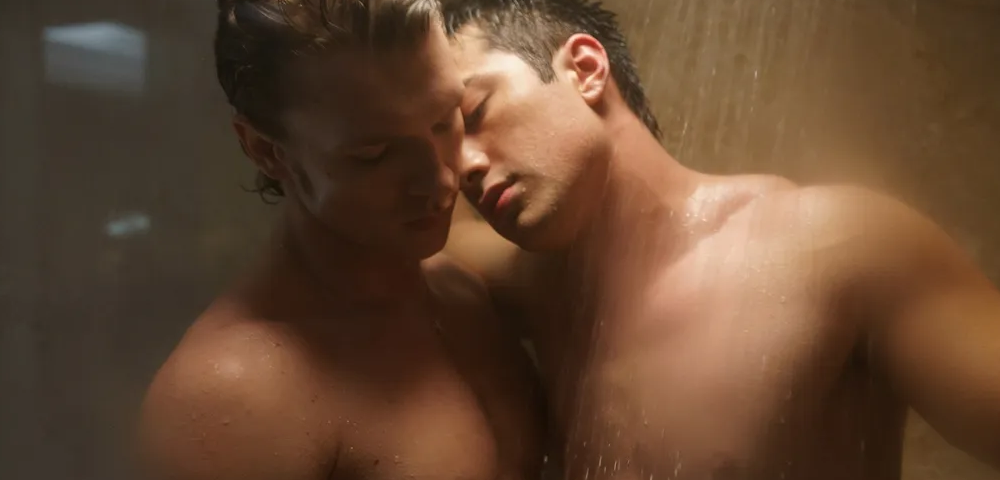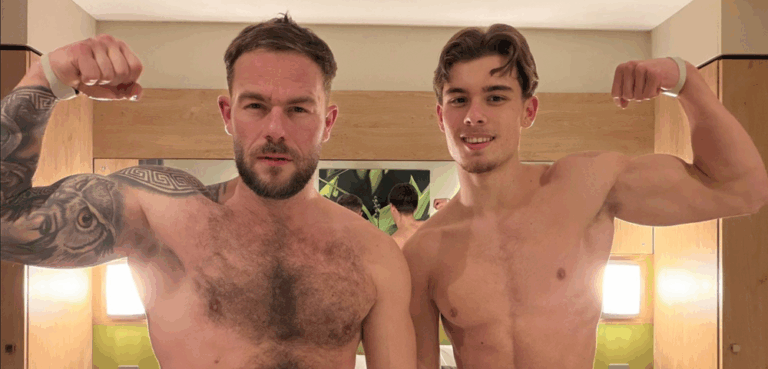
Why LGBTI and Muslim communities need to stand together after Christchurch
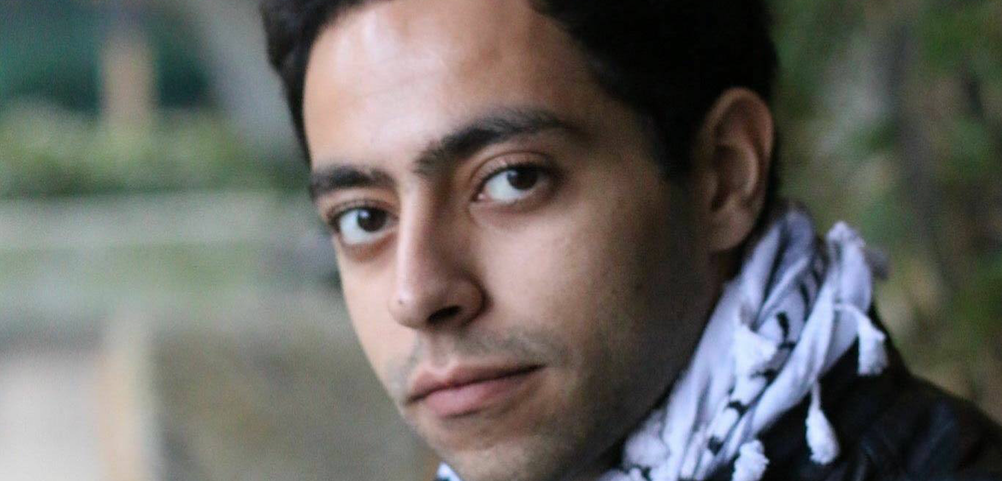
One month after the Christchurch massacre, Fahad Ali urges Australia’s LGBTI and Muslim communities to unite in mutual solidarity.
***
Veterans in the LGBTI community know what it is like to experience fear and humiliation on a regular basis.
They know what it is like to have to contend with a hostile press and an unsympathetic political class.
There was even a time when we were labelled “terrorists” by homophobic fear-mongers claiming that gay activists were deliberately contaminating the blood supply.
Things are better now, but not for all.
Though the lesbian and gay community is slowly being inducted into the mainstream, our society is still, on the whole, hostile to difference.
Even our own community is not immune to prejudice, despite our historical experience of discrimination.
I received a blunt reminder of this fact in the days following the tragedy in Christchurch.
While we were still grieving the loss of our brothers and sisters in faith— and more than that, our fellow human beings — I encountered people who argued that that we should withhold our empathy because, they claimed, Muslims are homophobic.
Of course, I am under no illusion. I am an openly gay man in the Muslim community. I know how difficult it can be.
The difference is that I have faced my own community in the fight for equality, and I have seen the little glimmers of change that shine through from time to time.
But we are a community of 1.7 billion people — almost a quarter of the world’s population.
Many of us are queer, and many more are allies for change.
Our faith, like most others, has been (and still is) dominated by patriarchal dogma that venerates traditional masculinity. Islam is not unique in this regard.
Unlike other religions, though, we often face the assumption that all Muslims are defined by our leadership. Fortunately we are quite capable of thinking for ourselves.
After Christchurch, the Australian Muslim community published a statement, which I was an original signatory to, warning against both the hateful rhetoric peddled by our ratings-obsessed media, and the crude dog-whistle tactics employed by our political representatives.
What these provocations have in common is that they work on the basis of stereotypes: all Muslims are violent, all Muslims are homophobic, and so on.
Often people who consider themselves tolerant and progressive can fall into this trap.
They may consider their justifications different, but the end result is the same: wholesale vilification of a group of people.
It is little wonder that Fraser Anning, who described LGBTI people as “sexual deviants,” is also the kind of person who attends neo-Nazi rallies and thinks all Muslims are “fanatics”.
All these stereotypes do is bolster his argument that Muslims are inherently and intractably bad. So stop using them.
That is not to say that we can’t be realistic and call out homophobic attitudes where we find them. But the Muslim world is not exceptional.
Only a few decades ago, people were subject to forced lobotomies and chemical castration.
No, not in Saudi Arabia. Right here in Australia. And just as things changed here, they can change everywhere.
In the wake of this tragedy, we have the opportunity to unite our two communities and overcome the politics of fear and division.
In the United States, where the stakes are much higher, the Muslim and LGBTI community have found common ground, and are now marching shoulder to shoulder.
As a consequence, each is now more tolerant to the other.
It is not impossible to see the same thing happen here.
For those of us who want to bring a better world into being, we must be prepared to embody a radical, limitless love for others, and treat each other with the kindness and respect that we all deserve.
In this case, it means opening up to the possibility that we can work together in the name of mutual solidarity.
I have seen this philosophy in practice in the weeks since the massacre in Christchurch – a quiet, patient, and unassailable commitment to humanity, even in the face of injustice and adversity.
This is something I hope we can all emulate.
Fahad Ali is a molecular biologist and the founder of Muslims for Marriage Equality.
